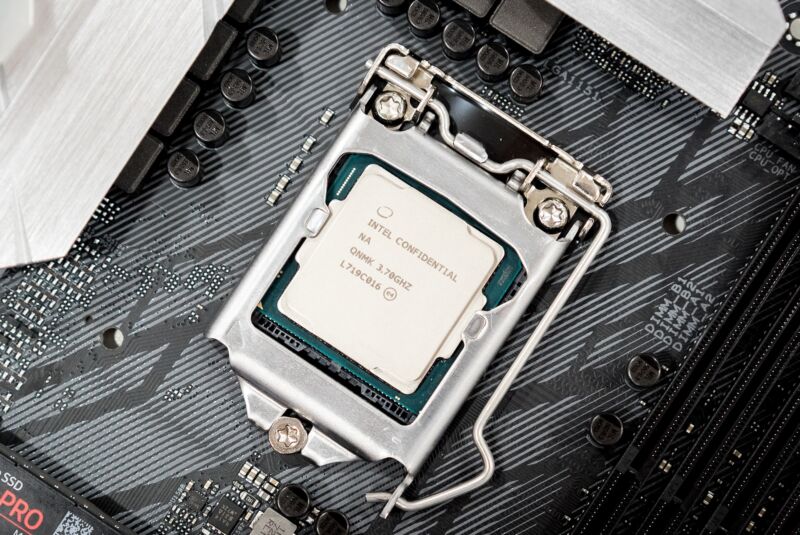Source: Slashdot
Article note: Oh look, several of the dumbest things UK has done recently are featured in a WSJ article about irresponsible college spending.
Expensive Housing + Administrative Bloat + Diminished State Funding = Unreasonable College Costs.
The nation's best-known public universities have been on an unfettered spending spree. Over the past two decades, they erected new skylines comprising snazzy academic buildings and dorms. They poured money into big-time sports programs and hired layers of administrators. Then they passed the bill along to students. From a report: The University of Kentucky upgraded its campus to the tune of $805,000 a day for more than a decade. Its freshmen, who come from one of America's poorest states, paid an average $18,693 to attend in 2021-22.
Pennsylvania State University spent so much money that it now has a budget crisis -- even though it's among the most expensive public universities in the U.S.
The University of Oklahoma hit students with some of the biggest tuition increases, while spending millions on projects including acquiring and renovating a 32,000-square-foot Italian monastery for its study-abroad program. The spending is inextricably tied to the nation's $1.6 trillion federal student debt crisis. Colleges have paid for their sprees in part by raising tuition prices, leaving many students with few options but to take on more debt. That means student loans served as easy financing for university projects.
It has long been clear to American families that the cost of college has gone up, even at public schools designed to be affordable for state residents. To get at the root cause, The Wall Street Journal examined financial statements since 2002 from 50 universities known as flagships, typically the oldest public school in each state, and adjusted for inflation. At the median flagship university, spending rose 38% between 2002 and 2022. Only one school in the Journal's analysis -- the University of Idaho -- spent less. The schools paid for it in part by pulling in tuition dollars. The median flagship received more than double the revenue from undergraduate and graduate tuition and fees it did 20 years prior. Even accounting for enrollment gains, that amounted to a 64% price increase for the average student, far outpacing the growth in most big household expenses.


Read more of this story at Slashdot.









